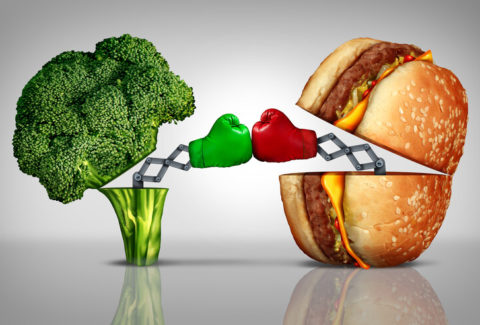How to Respond to Someone Who is Angry?
There are several reasons why someone gets angry[1]. First, how do we find out what these reasons are, and second, how do we respond to the individual in a way that addresses these specific reasons. Let’s try to accomplish both below:
- Someone may get angry because they feel stuck regarding an important goal that they have been trying to achieve.
As a clinician, or therapist, you say:
- Wow, it seems as if you feel stuck in trying to achieve this goal; or
- Wow, it seems as if you feel these important goals that you have are being blocked; or
- Wow, it seems as if you feel these important goals that you have are being stopped.
- Some may feel they or someone they care about are being attacked by others.
As a clinician, or therapist, you say:
- Wow, you seem to feel you are being attacked; or
- Wow, you seem to feel that you’ve been attacked; or
- Wow, you care a lot about X (name of a person), and you seem to feel that he/she is being attacked; or
- Wow, you care a lot about X (name of a person), and you seem to feel that he/she has been attacked.
- Someone may feel they are losing power or status.
As a clinician, or therapist, you say:
- It seems as if you feel that you are losing power or status.
- Someone may feel they are losing respect or are being disrespected.
As a clinician, or therapist, you say:
- It seems as if you feel that you are being disrespected; or
- It seems as if you feel that you have been disrespected.
- Someone may feel that they are not having or have not had things turn out as expected.
As a clinician, or therapist, you say:
- It seems as if you feel that things are not turning out as expected; or
- It seems as if you feel that things have not turned out as expected; or
- It seems as if you feel that things “should” be different they currently are.
- Someone may get angry because they are experiencing physical pain.
As a clinician, or therapist, you say:
- It seems as if you are in a lot of physical pain, right now; or
- You must be in a lot of physical pain, right now.
- Someone may get angry because they are experiencing emotional pain.
As a clinician, or therapist, you say:
- It seems as if you are in a lot of emotional pain, right now; or
- You must be in a lot of emotional pain, right now.
- Someone may get angry because they feel they have been treated unfairly
As a clinician, or therapist, you say:
- It seems as if you feel that you have been treated unfairly; or
- It seems as if you feel that you are being treated unfairly; or
- It seems as if you feel that you have been wronged.
- Someone may get angry because they think and feel they are right.
As a clinician, or therapist, you say:
- It seems as if you feel that you are right.
- Someone may get angry because they have been ruminating about the situation that triggered the anger in the first place.
As a clinician, or therapist, you say:
- It seems as if you have been going over and over in your mind that situation that triggered your anger in the past.
Why are we saying, “it seems as if”?
Here is why: Because we tend to defend against our feelings and emotions, especially when we think they are not socially acceptable, or when we think we “should” not have these kinds of thoughts[2]. These are part of the myths associated with emotions, and our patients and clients are often at the mercy of these myths, which is one of the reasons why they tend to struggle with emotion regulation[3].
And, we can help them. We do so by allowing them to save face whenever we are talking to them about their emotions. It is best to be authentic, while meeting them where they are, using neutral language, and following the principle of language synchronization.
If you missed our Advanced DBT Certificate Course, you can start with the introductory course by CLICKING HERE.
[1] Berkowitz, Leonard, and Eddie Harmon-Jones. “Toward an understanding of the determinants of anger.” Emotion 4.2 (2004): 107.
[2] Bodenhausen, Galen V., Lori A. Sheppard, and Geoffrey P. Kramer. “Negative affect and social judgment: The differential impact of anger and sadness.” European Journal of social psychology 24.1 (1994): 45-62.
[3] Moyal, Natali, et al. “Emotion regulation as a main mechanism of change in psychotherapy.” Behavioral and Brain Sciences 38 (2015).









